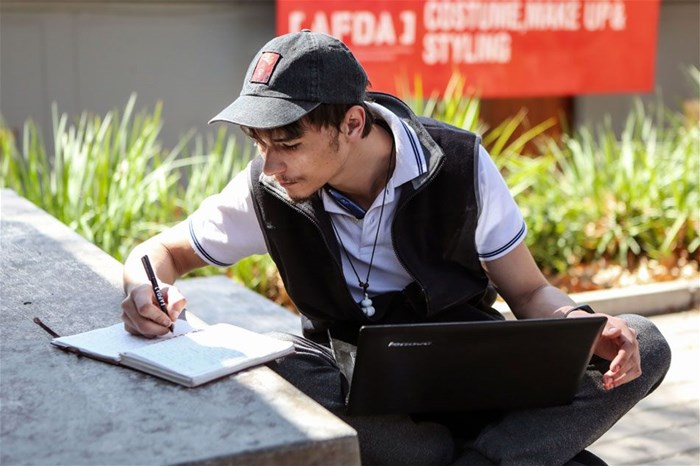The rapid shift to online education has necessitated that tertiary educators to adapt their teaching methods to new virtual environments.
While this transition has expanded access and flexibility, effectively designing high-quality online learning requires understanding the medium specifics of digital spaces (Chen et al., 2010).
As tertiary teachers, we must align our instructional strategies to how students interact within web-based mediums to motivate engagement and responsibility. The user experience in online spaces like video conferencing and learning management systems (LMS) differs vastly from physical classrooms (Cole et al., 2017). Factors like technology interfaces, communication norms, information overload, and remote accountability measures shape learner behavior and outcomes unlike an in-person context.
Some best practices to leverage online medium specificity:
- Interaction design: Use tools like polls, chat, breakout rooms, and discussion boards that provide easy avenues for peer and instructor interaction. The ability to directly exchange ideas fuels collaborative responsibility (Martin & Bolliger, 2018).
- Multimedia content: Blend reading material with interactive media like videos, simulations, and games that demonstrate concepts through different modalities, speaking to student preferences (Mayer, 2017).
- Structured modules: Chunk coursework into manageable sequential modules with coherent components that piece together broader ideas. This prevents cognitive overload in a hyperlinked information environment.
- Proactive feedback: Build consistent check-ins, monitoring comprehension in real-time. Prompt intervention guidance before issues escalate. This builds accountability remotely (Lowenthal et al., 2017).
In essence, effective online learning requires asking how digital environments shape the tertiary teaching experience. Instead of replicating face-to-face teaching, we must reimagine instruction leveraging the unique affordances and constraints of the web-based medium (Rapanta et al., 2020). This empowers impactful 21st century learning.
Further reading:
Chen, B. et al. (2010). Teaching online: New evidence on what works. The Wired Campus. https://www.insidehighered.com/news/2010/06/21/teaching-online-new-evidence-what-works
Cole, A. W. et al. (2017). Student predisposition to instructor feedback and perceptions of teaching presence predict motivation toward online courses. Online Learning Journal, 21(4), 245-262. https://doi.org/10.24059/olj.v21i4.966
Lowenthal, P. R. et al. (2017). Investigating students’ motivation towards and self-efficacy in online learning. Distance Education in China, 12(2), 102-121.
Martin, F. & Bolliger, D. U. (2018). Engagement matters: Student perceptions on the importance of engagement strategies in the online learning environment. Online Learning, 22(1), 205-222. https://doi.org/10.24059/olj.v22i1.1092
Rapanta, C. et al. (2020). Online university teaching during and after the COVID-19 crisis: Refocusing teacher presence and learning activity. Postdigital Science Education, 1-23. https://doi.org/10.1007/s42438-020-00155-y


































